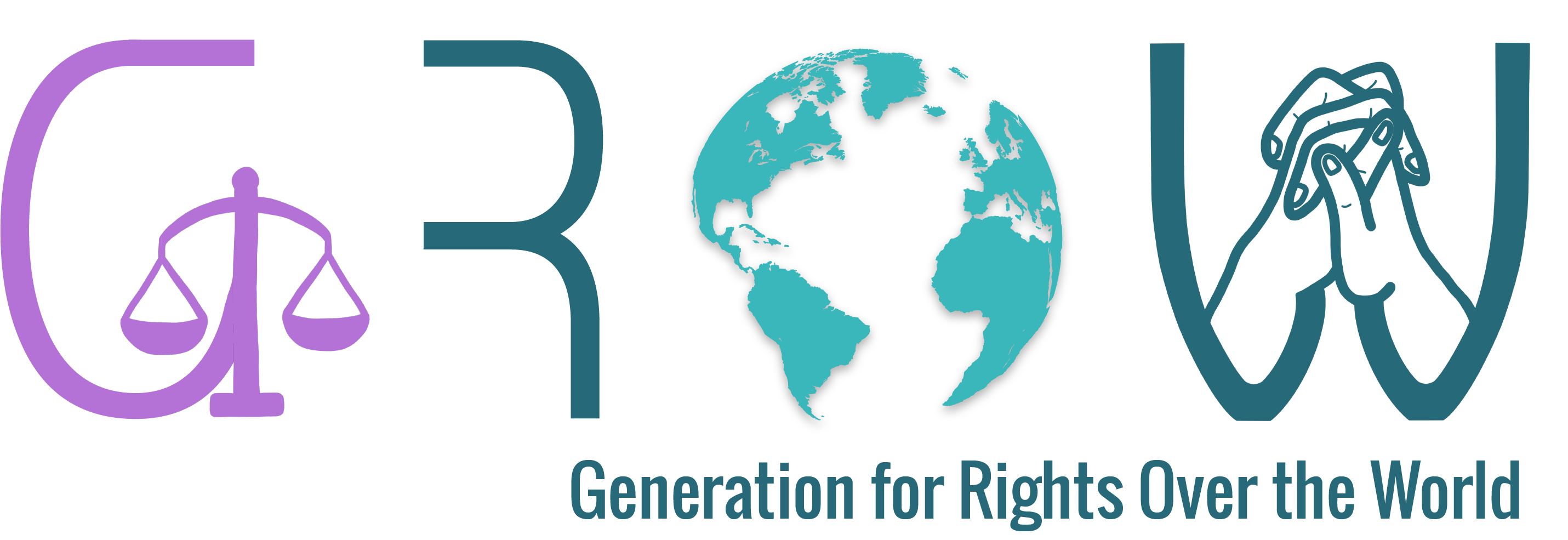A few weeks ago, the televised program “En quête d’esprit” of the French TV channel Cnews came under fire after it equated abortion to one of the causes of death, even ranking it as the leading cause in the world, with “73 million in 2022, or 52% of all deaths”. “For cancer, it’s 10 million; and for tobacco, it’s 6.2 million”, the host added. This categorical stance was subsequently described as a mistake by the channel’s executives, who undertook to apologize publicly.
Yes, abortion is a cause of death. A mortality cause for women, insofar as it kills all those who have no choice but to carry it out clandestinely. Indeed, at least 47 000 women die each year worldwide as a result of clandestine abortion. Is the fate of embryos’ more important than that of millions of women around the world?
The question might seem silly, but it is. The right to abortion is still very fragile: according to The Women’s Foundation, a woman dies every nine minutes from the consequences of an illegal abortion, worldwide. Banning the right to abortion does not prevent women from having abortions, but it does inevitably drive them underground. Access to abortion is therefore first and foremost a public health issue.
Even though it seems obvious that forcing a person to continue an unwanted pregnancy or to have an abortion under dangerous conditions constitutes an infringement of their human rights, in particular their right to privacy and bodily autonomy, the right to abortion has not failed to provoke debate.
It is therefore important to remember that the right to abortion is a fundamental right, one that allows women to freely dispose of their bodies. Along with contraception, this right is part of the fight for gender equality. Constantly challenged by misinformation, its inclusion in the French Constitution on March 8th, 2024 seemed more necessary than ever.
Although it does not improve the conditions of access to abortion on the ground, since it no longer defines it by the notion of “right” initially approved by the National Assembly, the constitutionalisation of the “guaranteed freedom” of women to have a voluntary interruption of pregnancy represents a symbolic decision that reaffirms the fundamental nature of this right. In so doing, it sanctifies a right that is constantly being abused and attacked by anti-choice and anti-abortion movements, which have made it their main target. The incident on the Cnews programme “En quête d’esprit” is just one example.
All over the world, sexual and reproductive rights, and in particular the right to abortion, are being called into question by the extreme right. This is the case in Hungary, Argentina, the United States and Italy. The decision by French MPs on Monday, March 4th to give constitutional protection to abortion therefore represents a message of hope to women the world over, in France and elsewhere. However, this victory is not synonymous with the defeat of anti-choice movements, which will continue to deploy the weapon of disinformation to try to hinder women’s freedom to control their own bodies.
Everywhere, we must remain vigilant.
translated by Marion Delafontaine








[…] Retrouver la newsletter à ce sujet sur notre site internet […]